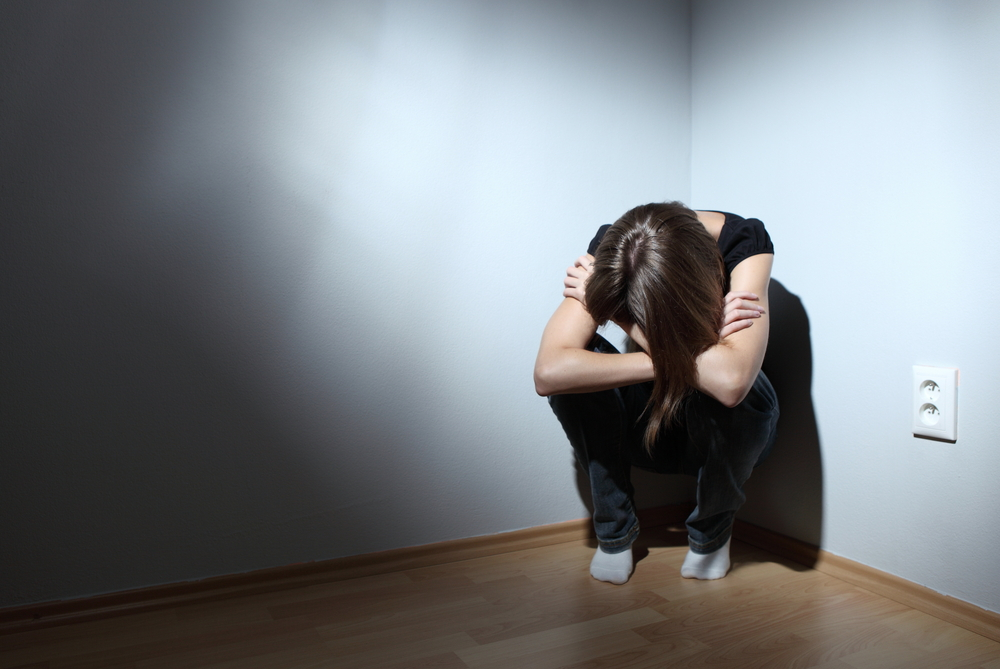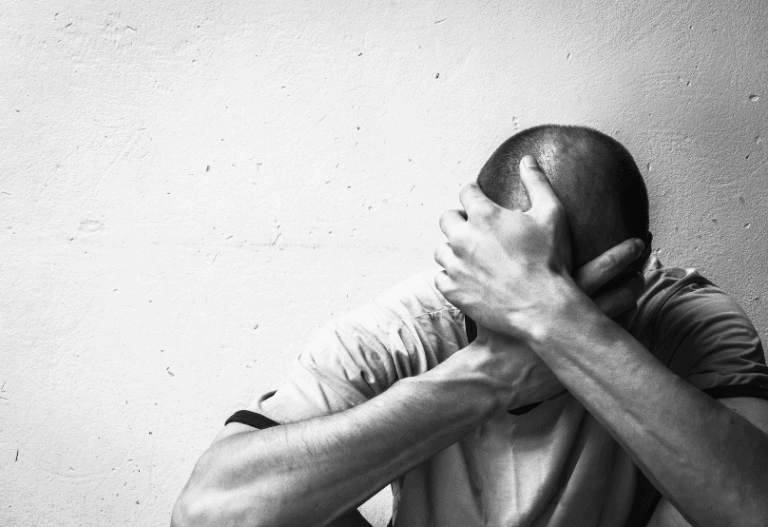Crippling Depression: A Guide to Understanding Severe Depression
Depression is a complex and challenging mental health condition affecting millions worldwide. The prevalence of this condition means it is more important than ever to understand and recognize severe depression in yourself and others. While there are various forms of depression, severe depression, often referred to as ‘crippling depression,’ presents unique challenges.
This guide aims to comprehensively understand severe depression, its causes, symptoms, and available treatment options.
What is Crippling Depression?
Crippling depression, also known as major depressive disorder or debilitating depression, is an extreme case of depression that can impact an individual’s ability to complete daily tasks. This can range from performing at work, attending school, completing household chores, or socializing with family or friends.
Many people may use the term ‘crippling depression’ to describe this feeling. However, the term “crippling” can be damaging or hurtful to those with physical disabilities. So the best practice is to avoid using this term.
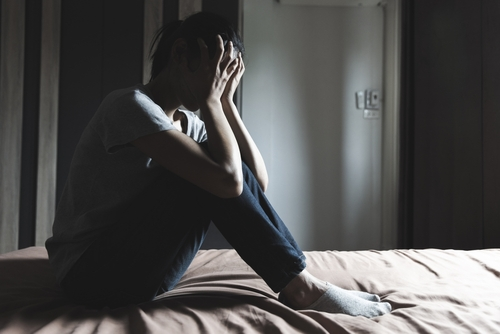
Types of Depression
According to the National Institute of Mental Health, different types of depression can develop and then affect a person’s mental health. Here are some of the types of depression:
- Major Depressive Disorder: The most commonly diagnosed form of depression, with an estimated 21 million adults having one or more major depressive episodes in 2020. This disorder has nine common symptoms that we will discuss in the next section.
- Persistent Depressive Disorder (Dysthymia): This form of depression is typically less severe and has fewer symptoms than major depression. Dysthymia, also called chronic depression, can last longer than other forms. This type of depression can often last two years or longer, and major depressive disorder can occur simultaneously as dysthymia.
- Seasonal Affective Disorder (SAD): SAD is a type of depression that fluctuates with the seasons. Sometimes called “winter blues,” a person may experience depression symptoms beginning in the fall and lasting through the winter for them to go away in the spring and summer.
- Perinatal Depression: Perinatal depression is depression that can occur during or after a baby is born. It’s estimated that 10 to 15 percent of women experience postpartum depression symptoms.
While not an official form of depression, those with bipolar disorder can also experience these depressive episodes. It’s important to note that there are other types of depression not discussed here that can be found in the Diagnostic and Statistical Manual of Mental Disorders (DSM-5), the guide used to treat and diagnose mental health disorders.
Symptoms of Severe Depression
Many symptoms of depression can vary from person to person. Still, the symptoms of severe depression will impact an individual’s day-to-day function and make getting through life seem impossible. The most common symptoms of severe depression are:
- Persistent sad or numb mood
- Loss of interest in hobbies or activities
- Feelings of worthlessness or guilt
- Difficulty sleeping or oversleeping
- Unexpected weight gain or weight loss
- Difficulty focusing or remembering
- Isolating from family members or friends
- Overwhelming feelings of sadness
- Recurring thoughts of suicide or death
Diagnosing Severe Depression
Depression is typically diagnosed based on your symptoms, and severe depression is becoming more and more recognized by doctors as mental illness is on the rise. To be diagnosed with depression, you must experience symptoms that last longer than two weeks, and that cause a significant change to your life.
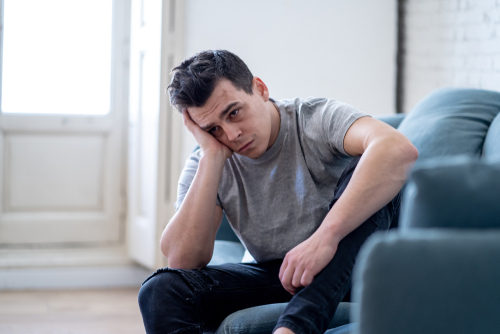
The Difference of Depression in Men and Women
Depression is a mental health condition that can affect anyone, regardless of their gender. However, depression can present itself differently in men and women.
In men, depression can typically present as irritability, anger, and tiredness. They also are more likely to engage in dangerous habits and behaviors, such as substance abuse. Men are reported to be more resistant to treatment for depression, leading to depression in men being underdiagnosed.
In women, depression can typically present as worthlessness, extreme guilt, and sadness. Women are almost twice as likely to experience a depressive episode, with 10.5% of women reporting at least one episode in 2020. Hormonal factors, such as premenstrual syndrome (PMS), pregnancy, postpartum depression, and menopause, can further complicate how depression affects women.
Mental Health Rates in the U.S.
Mental health rates in the United States have been a subject of increasing concern in recent years. Various mental health conditions, including depression, anxiety disorders, and substance use disorders, have become prevalent across the population.
Depression, in particular, has a significant impact on individuals and society as a whole. As stated previously, an estimated 21 million adults experienced at least one depressive episode in 2020, equaling about 8.4% of all adults. However, young adults had the highest percentage out of any age group of experiencing an episode, with 17%.
Mental illness rates are currently on the rise. It’s important to note the significant impact that COVID-19 has had on the population and how it has impacted mental health in society as a whole. While these rates may be rising, many different treatment options are available for those suffering.
Treatment Options for Severe Depression
The treatment for severe depression is often similar to the treatment for any other type of depression. There are many different types of treatment available, and choosing the most effective treatment for you can depend on various factors. Some of the more common treatment options for depression are:
- Psychotherapy: This is also known as talk therapy or counseling but is a standard and widely used treatment for depression. Psychotherapy typically involves various forms of therapy, such as cognitive behavioral therapy (CBT), and teaches you how to produce healthier emotions.
- Medication: Medication, like antidepressants, is often used in the treatment of depression. These medications can help regulate emotions and balance chemicals in the body.
- Electroconvulsive Therapy (ECT): ECT is used as a treatment for those with a severe case of major depressive disorder. This option is for those who haven’t responded positively to therapy or medication and aims to alter the brain’s chemistry to improve depression symptoms. This process for this involves being placed under anesthesia while medical professionals place electrodes on the scalp and send brief and controlled electric pulses through your brain.
- Support Network: Having a supportive network of family or friends can help improve depression. While it is easy to become isolated, having a support group can help you maintain a sense of normalcy and positivity.
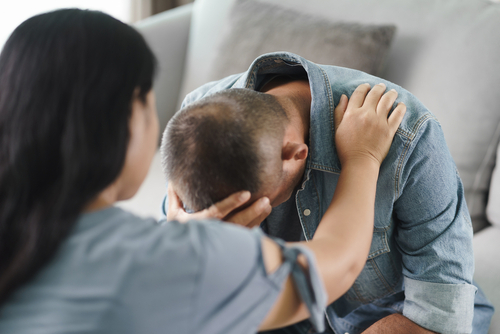
Dual Diagnosis Treatment at Oasis Recovery Center
Are you experiencing signs of depression? Or are you looking for mental health services? At Oasis Recovery Center, we provide dual diagnosis treatment services to give our clients the best care possible. Our mental health professionals work to find the root causes of mental illness and addiction and provide individualized treatment plans to address every client’s unique needs. Oasis Recovery Center offers holistic, mindfulness-based, and comprehensive treatment therapies, from mental health treatment to addiction treatment.
If you or a loved one are experiencing the effects of depression or struggling with substance abuse, contact us today to learn more about treatment programs. Your healing begins here.



